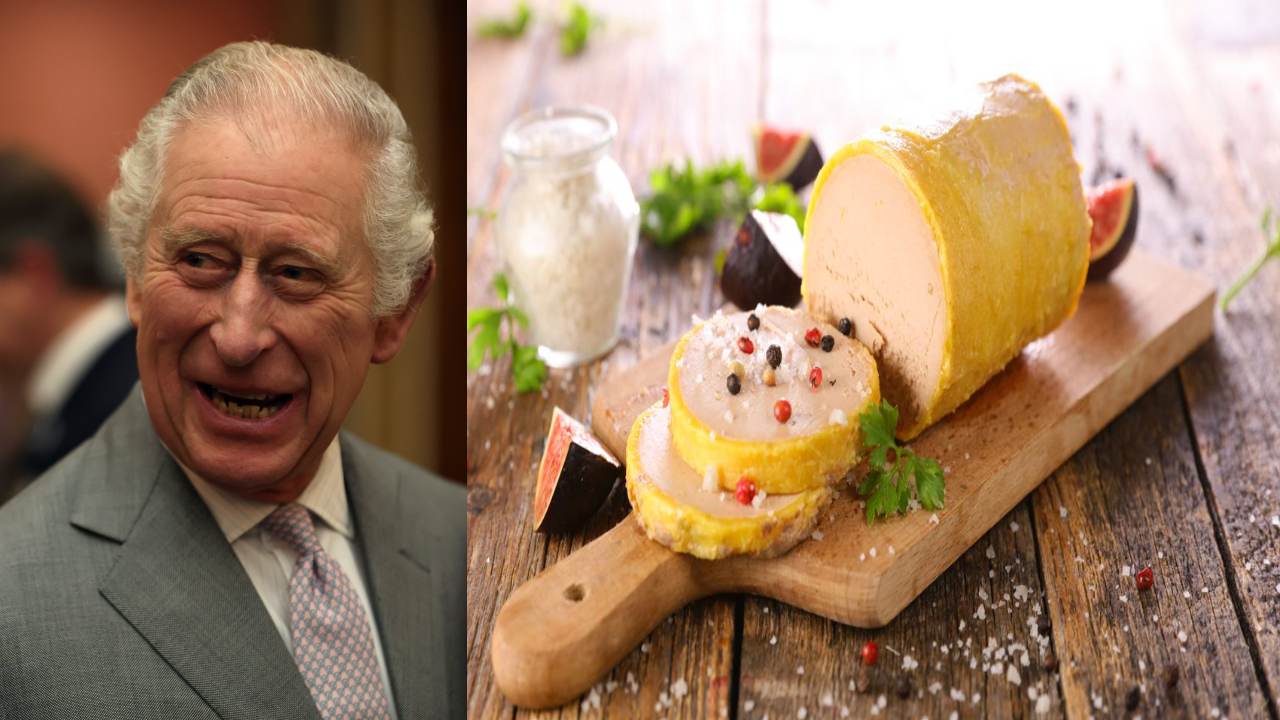The one food King Charles just banned from all royal residences

King Charles III has banned a classic French delicacy from his royal residence. The ban comes following animal cruelty concerns, PETA have confirmed.
The animal rights group said the King removed "foie gras" which is a traditional delacy made from the fattened liver of a duck or goose. It has been off the royal menu for quite some time now, both at Buckingham Palace and all other residences owned by the royal family.
The food product was banned around 2008, while Charles was the Prince of Wales. PETA have more recently confirmed the King has issued a blanket ban on the product which was described as “torture in a tin”.
The foie gras ban extends to Balmoral, Sandringham, Windsor Castle, Hillsborough Castle and Buckingham Palace, reports claim.
"As Prince of Wales, King Charles removed foie gras – a despicable product for which ducks and geese are force-fed until their livers swell up to 10 times their natural size before the animals are slaughtered – from his royal residences," a PETA spokesperson said.
The group made public a letter they received from royal officials confirming the ban.
"I can confirm that foie gras is not purchased by the Royal Household nor served in Royal Residences, and there are no plans for this policy to change," the letter reads.
The letter was signed by the Master of the King's Household, Tony Johnstone-Burt and dated November 10, 2022.
Elisa Allen, PETA's vice president, said she hoped Charles' move would encourage other people to ditch foie gras from their diet.
There is a ban on the production of foie gras in the UK, Australia and New Zealand. However, it can be imported and sold within those countries.
Images: Getty
